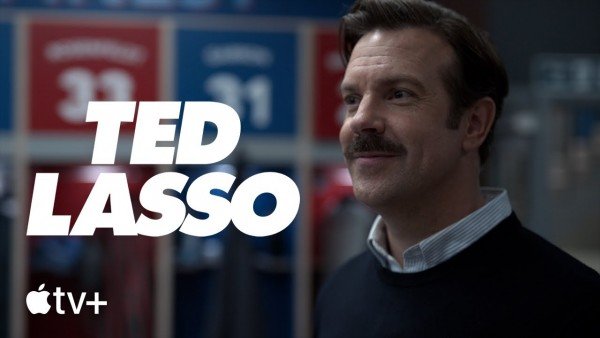Emmy Nominations Deliver Some Surprises
by EG

This week's Emmy nomination announcement made some people very happy and others not so much. A handful of high-profile series filled the nomination slots in some of the big categories, leaving many other critically-acclaimed series out in the cold. And a couple of pre-announcement favorites were snubbed entirely and didn't pull in a single nomination. Read on for details.
If a TV executive fell into a coma 15 years ago, woke up on Tuesday and was handed the list of Primetime Emmy nominations that had just been announced, that person would probably have a lot of questions about how much has changed. There are now roughly 500 shows on TV, but several of the acting categories are at least half-filled by performers from one show? There are now eight slots in both the drama series and comedy series categories, but only one was filled by a show from a broadcast network? And one of the most nominated shows of all is a non-English-language drama?
For that hypothetical TV exec, or anyone else, let’s break down how we got here and what it all means.
In 2017, the TV Academy stopped issuing nomination ballots with a fixed number of slots per category and instead began instructing members to nominate as many achievements in each category as “you have seen and feel are worthy of a nomination.” As I’ve written before, the unintended byproduct of this has been “group think.” In short, noms are still being spread amongst a small handful of “prestige shows” — those from popular networks/platforms that have strong word-of-mouth and substantial campaigns behind them — that all, or at least most, members are watching. If voters were still forced to identify a finite number of nominees, many would make a more deliberate effort to spread their votes amongst a larger number of shows.
This year, the biggest beneficiaries of this selection process were the drama Succession (HBO), the comedy Ted Lasso (Apple TV+) and the limited series The White Lotus (HBO) — all excellent shows, to be sure, but worthy of acting noms numbering 14 (including seven of 12 in the drama guest acting categories), 10 (including six of 16 in the comedy supporting acting categories) or eight (including eight of 14 in the limited/anthology/TV movie supporting acting categories), respectively? At a time when there is so much good TV out there, I’m not so sure.
Another matter of concern is the degree to which the TV Academy appears to be creatures of habit, to the extent that one wonders if voters even know which season of a show they’re voting for. No disrespect intended, but there is really no other explanation for the drama lead actress noms of Jodie Comer and Sandra Oh for the final season of Killing Eve (BBC America), which stands at 55 percent on Rotten Tomatoes, or Reese Witherspoon for the second season of The Morning Show (Apple TV+), which clocked in at 67 percent.
The problem with reflexive nominations of popular performers who have been nominated before is that it deprives others — often lesser known performers and/or performers from lesser known shows — of nominations that they truly deserved. For instance, the three aforementioned performers bounced, among others, Severance (Apple TV+) breakout Britt Lower, Mandy Moore for the final season of This Is Us (NBC) and Kelly Reilly for the fourth season of Yellowstone (Paramount Network).
The voters’ snub of Yellowstone, one of the highest-rated shows on TV, extends far beyond Reilly; the show, which is one of the few loved by people on both coasts and in the “flyover” states, was completely shut out across the board, which is absurd. Its first three seasons collectively attracted a single nom, but that was before lockdown, when the industry and media caught up with and fell in love with the Western. It began to receive tons of coverage; the Paramount Network aggressively promoted it; and its fourth season garnered top noms from both the PGA and SAG. But it was apparently too much to ask TV Academy members to give it a fair hearing. They have consistently demonstrated that if they are not on-board with a show from the start, they simply drop it and move on — unless those shows begin streaming their backlogs on Netflix, as did Breaking Bad and Schitt’s Creek.
Get the rest of the story at The Hollywood Reporter.